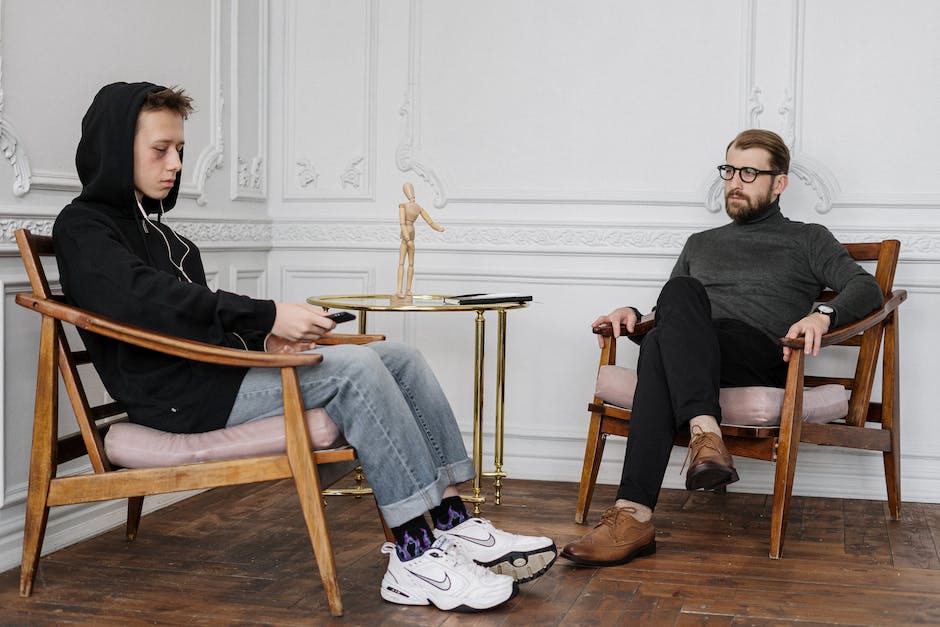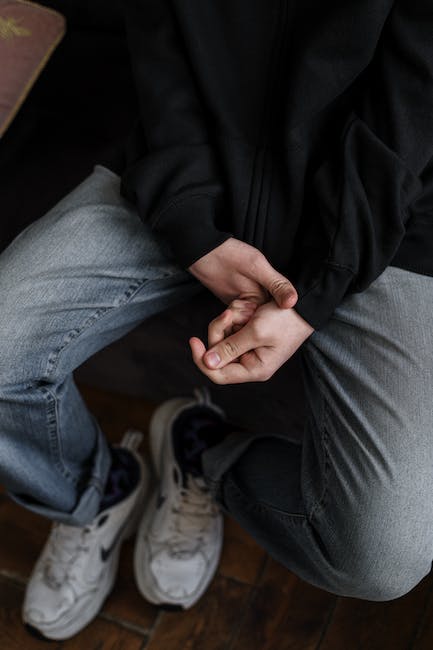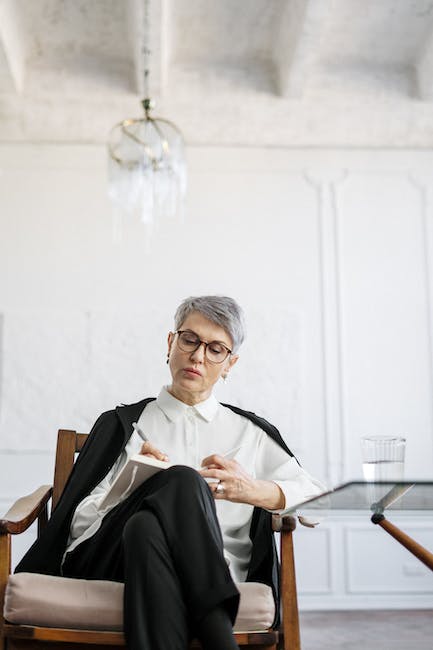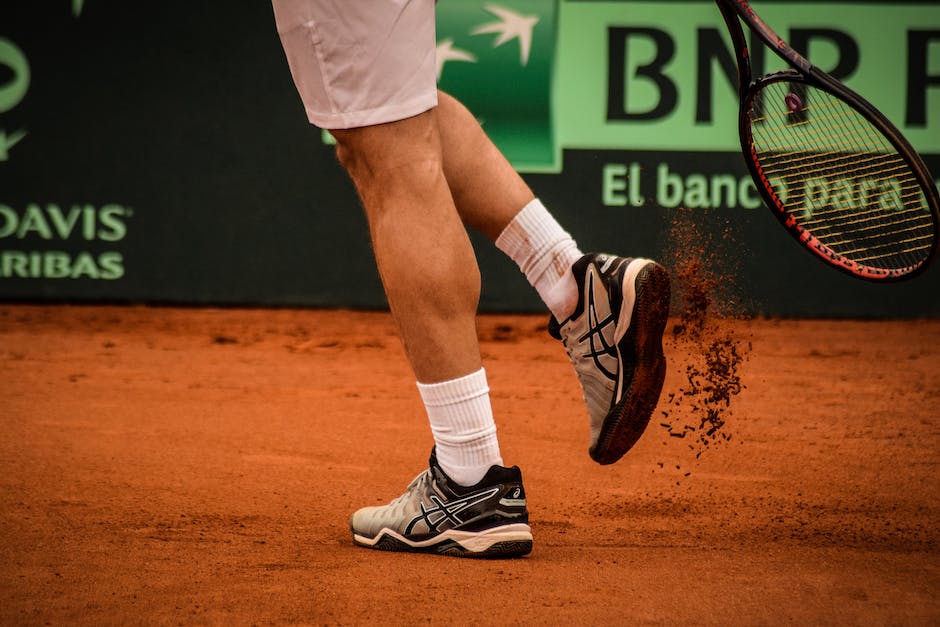Don Candy was a renowned tennis coach who helped shape the careers of many top players, including Pam Shriver, a 22-time grand slam doubles champion and former world number three in singles. But behind the scenes, Candy and Shriver had an inappropriate and damaging relationship that started when she was 17 and he was 50. In this post, we will explore the consequences of this abusive coaching relationship and how it affected Shriver’s personal and professional life.

How Don Candy Became Pam Shriver’s Coach
Don Candy was born in Adelaide, Australia, in 1929. He was a successful doubles player who won the French Open in 1956 with Bob Perry. He also reached four other grand slam finals in doubles and one in mixed doubles. After retiring from playing, he moved to the United States in 1967 and became a tennis pro at Suburban Country Club in Baltimore. There, he met Pam Shriver, a nine-year-old girl who showed great potential in tennis. He became her coach and mentor, guiding her through the junior ranks and into the professional circuit.
How Don Candy Helped Pam Shriver Achieve Success
Under Candy’s coaching, Shriver developed a powerful serve-and-volley game that suited her tall and athletic physique. She also learned how to use her slice forehand and underspin approach to create variety and pressure on her opponents. She made her breakthrough at the 1978 US Open, where she reached the final as a 16-year-old amateur, beating Martina Navratilova in the semifinals. She lost to Chris Evert in the final, but became the youngest player ever to reach a grand slam singles final.
Shriver continued to excel in singles, reaching eight more grand slam semifinals and achieving a career-high ranking of number three in 1984. However, she never won a major singles title, losing to Navratilova, Evert, Steffi Graf and Hana Mandlikova in her semifinal matches. She also struggled with injuries and illnesses that hampered her performance.
Shriver’s greatest success came in doubles, especially with Navratilova as her partner. The duo formed one of the most dominant teams in tennis history, winning 79 titles together, including 21 grand slams. They also completed the calendar year grand slam in 1984, winning all four majors in the same year. Shriver also won an Olympic gold medal in doubles with Zina Garrison at the 1988 Seoul Games.

How Don Candy Abused Pam Shriver Emotionally
Despite his positive influence on Shriver’s tennis career, Candy also had a negative impact on her personal life. He started an intimate relationship with her when she was 17 and he was 50, cheating on his wife Elaine. He manipulated Shriver into believing that she loved him and that he was the only one who cared for her. He also isolated her from her family and friends, making her dependent on him.
Candy used various forms of emotional abuse to control Shriver, such as belittling, humiliating, threatening and ignoring her. He made her feel worthless, guilty and ashamed of herself. He also exploited her trust and loyalty, making her keep their affair secret for years. He did not sexually abuse her, but he did violate her boundaries and consent.
Shriver suffered from psychological distress and emotional breakdowns as a result of Candy’s abuse. She had difficulty forming normal relationships with other people, especially men. She also had conflicted feelings about Candy, who was both honest and authentic as well as abusive and dishonest. She loved him but also hated him.

How Pam Shriver Ended Her Relationship with Don Candy
Shriver finally broke free from Candy’s grip when she sought out a new coach in 1989. She hired Craig Kardon, who helped her win her last grand slam title at the 1991 US Open with Navratilova. She also started therapy to heal from the trauma caused by Candy’s abuse. She realized that what happened was not her fault and that Candy was responsible for his actions.
Shriver ended her affair with Candy but maintained contact with him as a consultant until his death in 2020. She never publicly revealed their relationship until 2022, when she wrote an article for the Daily Telegraph about it. She said she wanted to raise awareness about abusive coaching relationships and prevent other athletes from going through what she did.

How Pam Shriver Recovered from Don Candy’s Abuse
Shriver has been able to overcome the effects of Candy’s abuse and rebuild her life after ending their relationship. She has been married twice: first to Joe Shapiro, who died of cancer in 1999; then to George Lazenby, a former James Bond actor, whom she divorced in 2008. She has three children: Sam, George Jr. and Kate. She is also a successful tennis broadcaster, pundit and coach, working for ESPN and other media outlets.
Shriver has also been involved in various charitable and social causes, such as the Pam Shriver Charity Tennis Classic, which raises funds for children’s organizations in Maryland. She is also a member of the International Tennis Hall of Fame, where she was inducted in 2002.
Shriver has shown remarkable resilience and courage in facing her past and moving forward with her future. She has also inspired many other athletes who have suffered from abusive coaching relationships to speak out and seek help.

How to Recognize and Prevent Abusive Coaching Relationships
Abusive coaching relationships are not uncommon in sports, especially in tennis, where coaches have a lot of power and influence over their athletes. Abusive coaches can use various tactics to coerce, manipulate and exploit their athletes, such as:
- Humiliating, shouting, scapegoating, rejecting or isolating them
- Threatening them with punishment or withdrawal of support
- Making them feel inadequate, unworthy or dependent
- Crossing their physical, emotional or sexual boundaries
- Isolating them from their family, friends or other sources of support
Abusive coaching relationships can have serious and long-lasting consequences for the athletes, such as:
- Psychological distress, such as depression, anxiety, low self-esteem or post-traumatic stress disorder
- Physical harm, such as injuries, illnesses or eating disorders
- Social problems, such as isolation, mistrust or relationship difficulties
- Performance issues, such as burnout, dropout or reduced motivation
To prevent abusive coaching relationships from happening, athletes, coaches and parents should be aware of the signs and risks of abuse. They should also take the following steps:
- Educate themselves about the nature and effects of abuse
- Establish clear and respectful boundaries and expectations
- Communicate openly and honestly with each other
- Seek help from trusted adults or professionals if they suspect or experience abuse
- Report any abusive behavior to the authorities or relevant organizations

How to Support Athletes Who Have Been Abused by Coaches
Athletes who have been abused by coaches need a lot of support and care to heal from their trauma. They may feel ashamed, guilty, angry or confused about what happened to them. They may also have difficulty trusting others or themselves. They may need professional help to cope with their emotions and symptoms.
To support athletes who have been abused by coaches, the following actions can be helpful:
- Listen to them without judging or blaming them
- Validate their feelings and experiences
- Encourage them to seek therapy or counseling
- Help them find resources and support groups
- Respect their privacy and confidentiality
- Support their decisions and choices
- Help them rebuild their self-esteem and confidence
- Celebrate their achievements and strengths

How to Promote Positive Coaching Relationships in Sports
Positive coaching relationships are essential for the well-being and success of athletes. Positive coaches are respectful, supportive, empowering and inspiring. They help their athletes develop their skills, talents and potential. They also foster a healthy and enjoyable environment for learning and growth.
To promote positive coaching relationships in sports, the following principles can be applied:
- Respect the dignity and rights of each athlete
- Recognize the individuality and diversity of each athlete
- Provide constructive feedback and praise
- Set realistic and challenging goals
- Involve the athlete in decision-making processes
- Collaborate with other coaches, parents and stakeholders
- Model ethical and professional behavior
- Continuously update your knowledge and skills

Conclusion
Don Candy was a famous tennis coach who had an abusive relationship with Pam Shriver, one of his star pupils. Their relationship had a negative impact on Shriver’s personal and professional life. Shriver eventually ended their relationship and revealed their story to raise awareness about abusive coaching relationships in sports. She also recovered from her trauma and became a successful tennis broadcaster, pundit and coach.
Abusive coaching relationships are harmful for athletes’ mental health and performance. They can be prevented by educating oneself about the signs and risks of abuse, establishing clear boundaries and expectations, communicating openly and honestly, seeking help if needed, and reporting any abusive behavior. Athletes who have been abused by coaches need support and care to heal from their trauma. They can benefit from therapy or counseling, resources and support groups, privacy and confidentiality, respect and validation.
Positive coaching relationships are beneficial for athletes’ well-being and success. They can be promoted by respecting each athlete’s dignity and rights, recognizing their individuality and diversity, providing constructive feedback and praise, setting realistic goals involving them in decision-making processes collaborating with others modeling ethical behavior updating one’s knowledge skills.
Don Candy was a legendary tennis coach who helped many players achieve success but he also had a dark side that harmed one of his most talented students Pam Shriver. In this post we have explored the consequences of this abusive coaching relationship how it affected Shriver’s

FAQ
How did Pam Shriver meet Don Candy?
Pam Shriver met Don Candy when she was nine years old and he was a tennis pro at Suburban Country Club in Baltimore. He became her coach and mentor, guiding her through the junior ranks and into the professional circuit.
When did Pam Shriver and Don Candy start their affair?
Pam Shriver and Don Candy started their affair when she was 17 and he was 50, in 1979. They kept their relationship secret for years, cheating on his wife Elaine.
How long did Pam Shriver and Don Candy’s affair last?
Pam Shriver and Don Candy’s affair lasted for about 10 years, until 1989. Shriver ended their relationship when she sought out a new coach, Craig Kardon.
Why did Pam Shriver reveal her affair with Don Candy?
Pam Shriver revealed her affair with Don Candy in 2022, when she wrote an article for the Daily Telegraph about it. She said she wanted to raise awareness about abusive coaching relationships and prevent other athletes from going through what she did.
How did Don Candy’s abuse affect Pam Shriver’s life?
Don Candy’s abuse affected Pam Shriver’s life in many ways. It caused her psychological distress, emotional breakdowns, difficulty forming normal relationships, conflicted feelings, and performance issues. It also shaped her ongoing attraction to older men and her difficulties in understanding how to maintain healthy boundaries.
How did Pam Shriver recover from Don Candy’s abuse?
Pam Shriver recovered from Don Candy’s abuse by ending their relationship, seeking therapy, finding a new coach, writing about her experience, and rebuilding her life. She also received support from her family, friends, and other athletes who had similar experiences.
What were Pam Shriver’s achievements in tennis?
Pam Shriver’s achievements in tennis include reaching the final of the 1978 US Open as a 16-year-old amateur, becoming the youngest player ever to do so; reaching eight more grand slam semifinals in singles and achieving a career-high ranking of number three in 1984; winning 22 grand slam titles in doubles with Martina Navratilova, including the calendar year grand slam in 1984; winning an Olympic gold medal in doubles with Zina Garrison at the 1988 Seoul Games; and being inducted into the International Tennis Hall of Fame in 2002.
What is Pam Shriver doing now?
Pam Shriver is now a successful tennis broadcaster, pundit and coach, working for ESPN and other media outlets. She is also involved in various charitable and social causes, such as the Pam Shriver Charity Tennis Classic, which raises funds for children’s organizations in Maryland.
How common are abusive coaching relationships in sports?
Abusive coaching relationships are not uncommon in sports, especially in tennis, where coaches have a lot of power and influence over their athletes. Abusive coaches can use various tactics to coerce, manipulate and exploit their athletes, such as humiliation, threats, isolation, boundary violations, and deception.
How can abusive coaching relationships be prevented or stopped?
Abusive coaching relationships can be prevented or stopped by educating oneself about the signs and risks of abuse, establishing clear boundaries and expectations, communicating openly and honestly, seeking help if needed, and reporting any abusive behavior. Athletes who have been abused by coaches need support and care to heal from their trauma. They can benefit from therapy or counseling, resources and support groups, privacy and confidentiality, respect and validation.








No Comment! Be the first one.